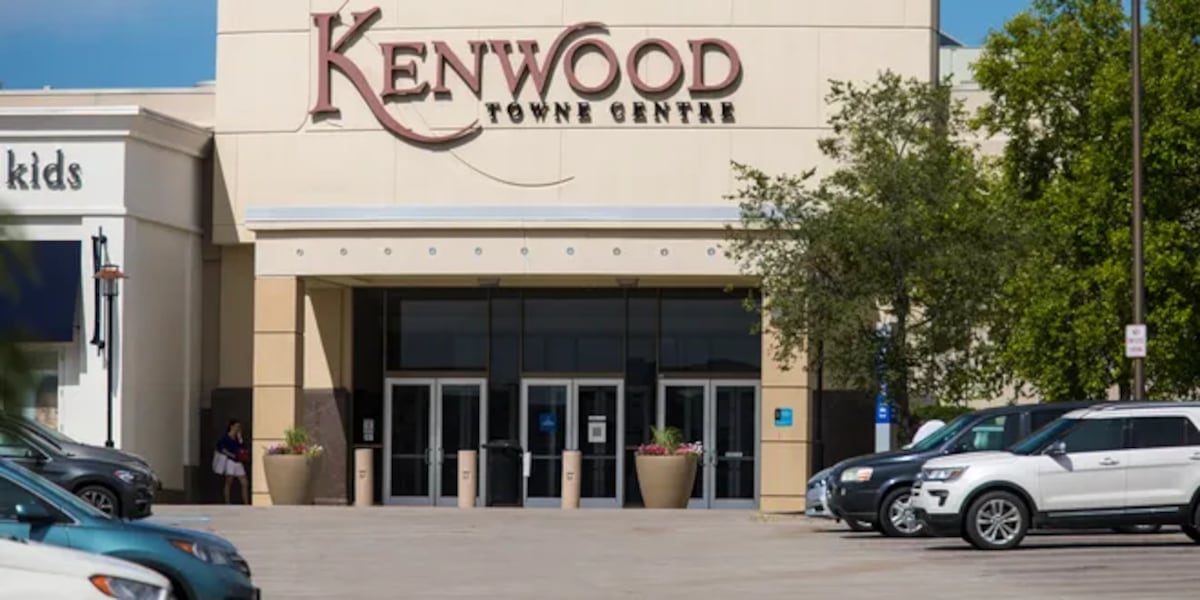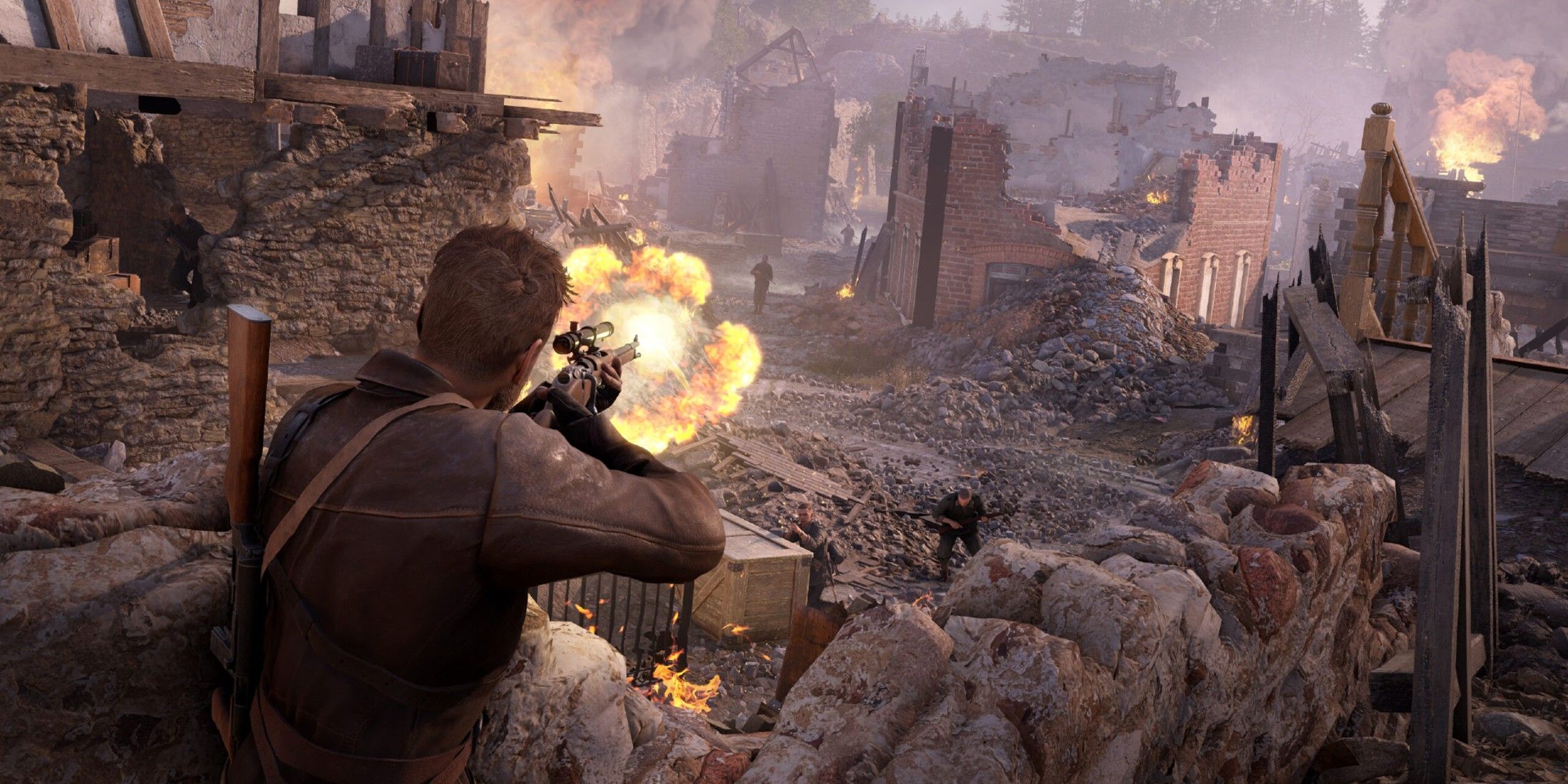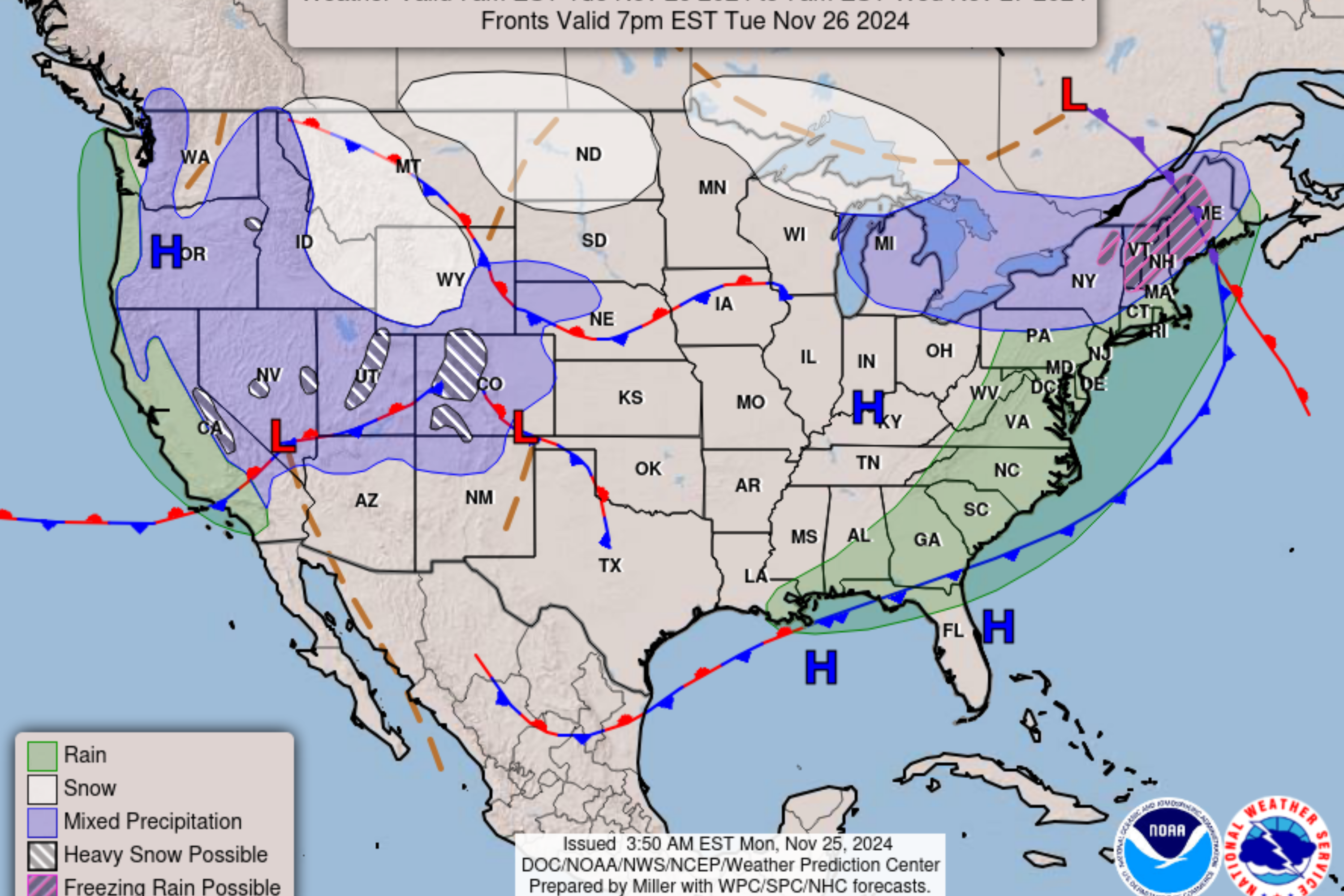Gambling
Cedar Rapids casino backers make pitch to Iowa’s gambling regulators
- Cedar Rapids and Linn County officials presented plans for a proposed $275 million casino to the Iowa Racing and Gaming Commission
- The state commission previously rejected proposals for a Cedar Rapids casino, citing concerns about cannibalizing revenues from other casinos.
- A study by Convergence Strategy Group suggests that Cedar Crossing would generate over $80 million in annual revenue to the state annually.
- The study also predicts that Riverside Casino & Golf Resort in Riverside would see an 11.6% revenue hit from the new casino.
- Almost 26% of revenue generated by a Cedar Rapids casino is expected to come from existing Iowa operators.
- The growth in Iowa’s gaming industry and competition from neighboring states could make Cedar Crossing more relevant and needed, backers said.
The Gazette uses Instaread for audio versions of our articles. Note that text-to-speech may cause some pronunciation errors.
BETTENDORF — Iowa’s gambling regulators had few questions Thursday as local officials presented plans for a proposed $275 million Cedar Rapids casino, saying they need more time to delve into the several hundred page application and intend to ask more questions during a site visit next month.
“So there’s a lot of homework that we have to do to work through all that,” Iowa Racing and Gaming Commissioner Alan Ostergren said.
Peninsula Pacific Entertainment, a national gaming operator and developer with casinos in Dubuque, Sioux City and Northwood, and the Linn County Gaming Association jointly presented their gaming license application for the proposed Cedar Crossing & Entertainment Center at the commission’s regular meeting, held at the Isle Casino Hotel in Bettendorf.
https://www.youtube.com/watch?v=/bjxWMHm0P9c
The proposed $275 million development would be built on the former Cooper’s Mill site, on Cedar Rapids’ northwest side, and feature a casino with 700 slot machines and 22 table games, plus a group of restaurants, bars, 1,500-seat entertainment venue, an arts and cultural center and a STEM lab for families.
The state commission has twice rejected proposals — in 2014 and 2017 — to bring a casino to Cedar Rapids. At the time, commissioners cited concerns that a new facility would cannibalize revenues from other Iowa casinos and dilute, rather than increase, the state’s gambling market. The state later implemented a two-year moratorium on new gaming licenses that expired July 1.
Peninsula Pacific Entertainment board member Jonathan Swain pointed to a study conducted by Convergence Strategy Group for the operator, which suggests that Cedar Crossing would bring in over $80 million in new revenue to the state annually. The study also predicts that Riverside Casino & Golf Resort in Riverside would see an 11.6 percent revenue hit from the new casino, while Isle Waterloo and Dubuque casinos would see 5.8 percent and 3.6 percent reductions, respectively.
The forecasts are derived from an analysis of cellphone data that, without identifying customers, tracks ZIP codes of visitors to each casino property in the region.
Overall, nearly 26 percent of revenue generated by a Cedar Rapids casino is anticipated to come from existing Iowa operators. Supporters argued that’s significantly less than what was projected when the state granted licenses for Grand Falls Casino Resort in Larchwood and Wild Rose Hotel & Casino in Jefferson, and outweighed by the overall gaming revenue benefit.
Swain, too, argued significant changes have occurred in Iowa’s gaming industry, including population growth and increased gaming revenues.
Population growth in Linn and Johnson counties have brought 41,000 more people to the region over the past decade, Swain said. The Iowa gaming industry has also grown significantly, with record revenues and profitability reaching over $2 billion in 2023 from $1.5 billion in 2017.
“This growth represents unmet demand not met by current casino operators, making Cedar Cross more relevant and needed,” Swain told commissioners.
Iowa also has seen growing competition from neighboring states. A Cedar Rapids casino, Swain said, could help Iowa offset losses to Illinois and Nebraska.
“Nebraska and Illinois are investing billions of dollars in new gaming facilities, with some of that growth driven by Iowa companies investing in those markets — the same companies that have long opposed this project,” Swain said.
Suzanne Leckert, cofounder of Convergence Strategy Group, said previous studies overestimated the impact a Cedar Rapids casino would have on existing casinos, as they were limited by the data available. Leckert asserts utilizing historical and current cellphone tracking provides more accurate data that shows “Cedar Rapids is underserved and underpenetrated.”
Commission Chair Daryl Olsen asked about the gaming participation rates included in the CSG study generated from the cellphone tracking date, saying “it’s something I’ve never seen before.”
Leckert said it’s a mathematical calculation of the percentage of a population that participates in gaming and how often they gamble in a year.
“And so what I was representing to you was from the calibration that we arrived at with the mobile phone tracking data that showed us very clearly that the Cedar Rapids market, the population in that market, doesn’t participate in casino gaming at near the rates of other markets that do have a (casino),” she said.
Leckert, too, argued that existing casinos in the region would be “resilient and competitive, and perhaps erasing any losses in future years.”
Cedar Rapids Mayor Tiffany O’Donnell said the proposal would deliver on a promise to voters who overwhelmingly said that they wanted the same opportunity others in Iowa have been granted to create a vibrant destination, ensuring Cedar Rapids will thrive as a hub for entertainment, culture and community engagement.
In 2013 and 2021, Linn County residents passed public referendums authorizing gaming in the county. The 2021 vote permanently authorizes gaming in the county.
O’Donnell also highlighted the project’s backing by more than 60 local investors, including small business owners, community leaders and nonprofits.
“They recognize this isn’t just about gaming, it is about growth opportunities and the revitalization of our community,” O’Donnell said.
Peninsula Pacific Entertainment and the Linn County Gaming Association have previously committed to distributing 8 percent of net adjusted gross revenue to nonprofit organizations, or about $6.3 million annually — more than twice the state-mandated minimum. O’Donnell said that’s in addition to $1.8 million annually for a community betterment fund established by the city to assist with initiatives and projects that support the growth of city amenities.
“It will also mean $500,000 in gaming tax revenue for Cedar Rapids. We will realize a minimum of $50 million assessment of land that has been off the tax rolls since our devastating floods of 2008 that submerged more than 10 square miles of our city under water,” O’Donnell said. “Cedar Crossing will breathe new life into an area that has long deserved its moment.”
The Convergence Strategy Group study anticipates a Cedar Rapids casino would draw 1.1 million visitors annually. The project also includes flood control measures and is projected to create more than 1,000 construction jobs during ts development and 300 full-time positions on site and 224 more in the community.
“The construction phase will generate $303 million in additional spending for the state of Iowa, and will result in $102 million in wage earnings,” Leckert said.
O’Donnell said the influx of tourists “will be a tremendous opportunity” for local restaurants, hotels and businesses, “creating a ripple effect of economic prosperity.”
The Iowa Racing and Gaming Commission in August selected two vendors to complete its own market study analyses on the potential impacts of a new casino in Cedar Rapids. Commission Administrator Tina Eick said those studies are due at the end of December and will be publicly presented at the commission’s July meeting.
The public also will have opportunities to give input on the proposed new casino during a site visit next month to Cedar Rapids. The commission has scheduled a Cedar Crossing site visit Nov. 20 that will follow a public comment meeting at The Hotel at Kirkwood Center.
The commission expects to vote on granting a license at its Feb. 6 meeting.
Comments: (319) 398-8499; tom.barton@thegazette.com










